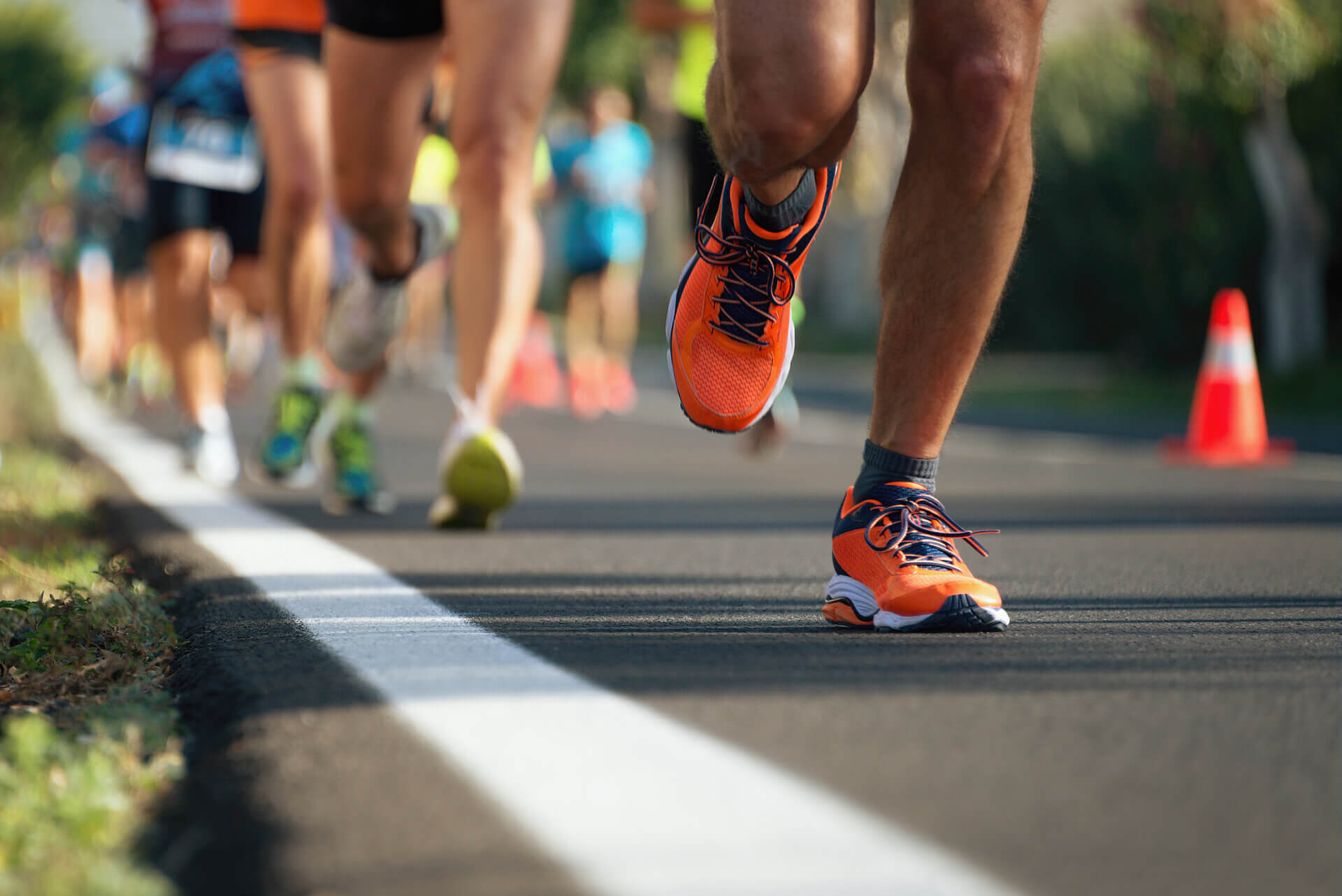The sport of triathlon has had a relatively new introduction to the Olympics – having it’s premiere at Sydney in 2000.
Around 55 competitors will toe the line in each of the male and female races at the Olympics on July 30 and 31.
What kind of training does it take to qualify for the Olympics and how much do we know about what it takes to win?
Athletes qualify for the Olympics through accruing points at World Triathlon Championship Series (WTCS) or World Cup races over a two-year period.
Some countries allow for automatic selection if an athlete finishes in the top 8 positions at a nominated event.
A maximum of three athletes per country can qualify.
Australia’s highest ranked athlete this year in Matthew Hauser who has a genuine shot at an Olympic medal.
Competition is fierce – losing 20 second to your competitors in the swim can mean you miss the bike group, and chances of a top finish are all but gone.
Having an ‘off day’ on the run – 30 seconds over 10 kilometres – can mean the difference between 3rd and 15th.
The author of this article has spent time at European training camps with Australia’s Olympic triathletes and can attest to their training volume which is typically:
- Swim: 5-6 swims per week totalling 18-25km
- Bike: 5-6 bikes per week totalling 250-450km
- Run: 4-5 runs per week totalling 50-90 km or more
- Gym: 2 sessions of 30-45 minutes per week including strength and plyometric exercises
Physiotherapy and massage therapy treatments are squeezed in around training.
Olympic qualifiers can generally run quicker than 31 minutes (3.06/km) or 35 minutes (3.30/km) for a 10km run for males and females respectively, after a 1500m run and 40km bike, often in hot conditions.
To step onto the top of the dais takes more: Emma Snowsill’s 2008 gold medal winning run time was 33:40 (3.22/km) and Alaister Brownless produced a 29:14 (2.55/km) in 2012.
Kristian Blummenfelt’s 2021 bike ride contained 27 efforts above 900 watts – next time you’re on a bike with a powermeter see if you can get anywhere near that!
A typical 1500m (open water) swim speed is around 1:12-1.15/100m – anything slower than 1.18/100m and it’s often ‘race over’!
This year’s event should be fantastic to watch although it has a chance of being turned into a duathlon (run/bike/run) due to the water quality of the Seine.
—
Aidan Rich is an APA Sports and Exercise Physiotherapist at Lifecare Malvern Sports Medicine. He has worked as a contractor physiotherapist for AusTriathlon in 2022 and 2023.

